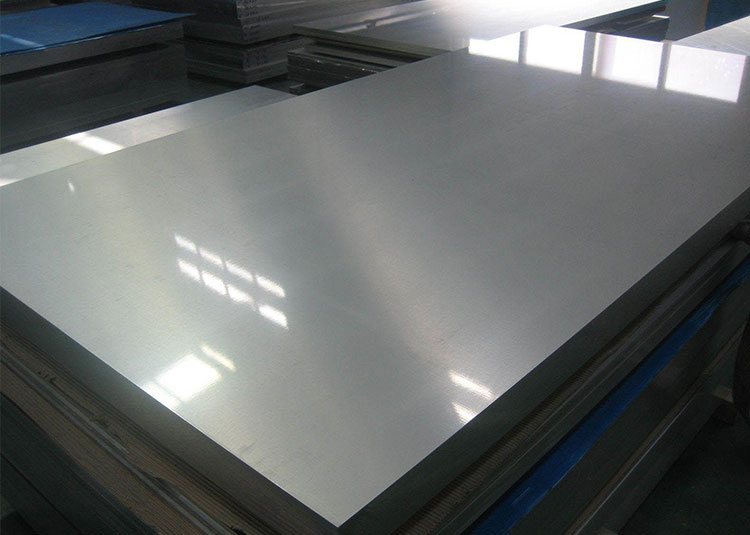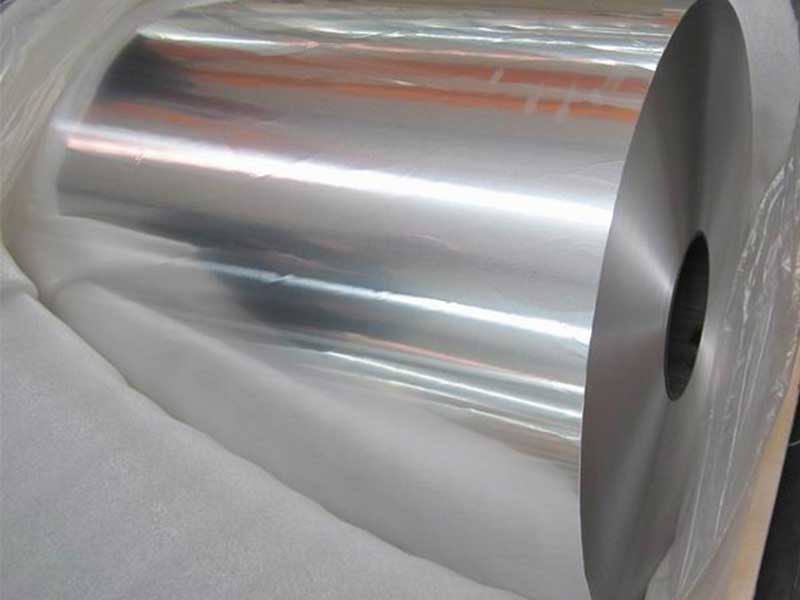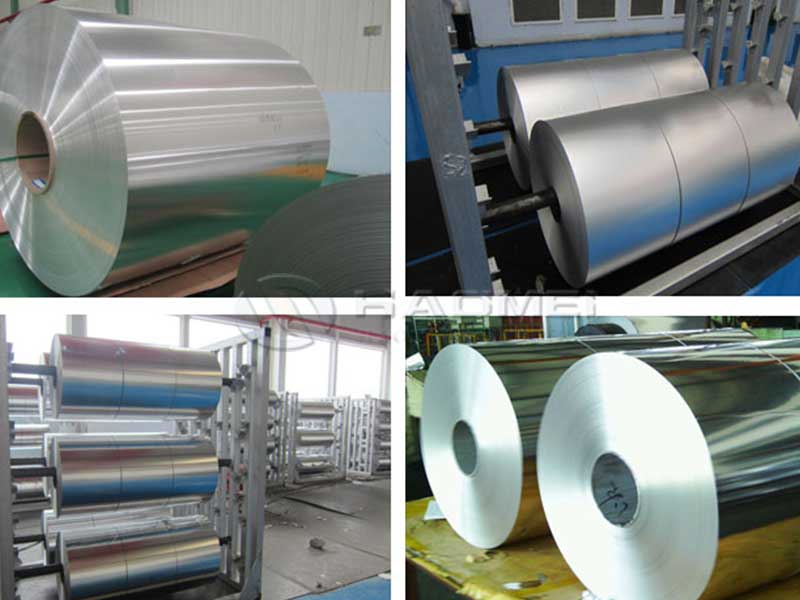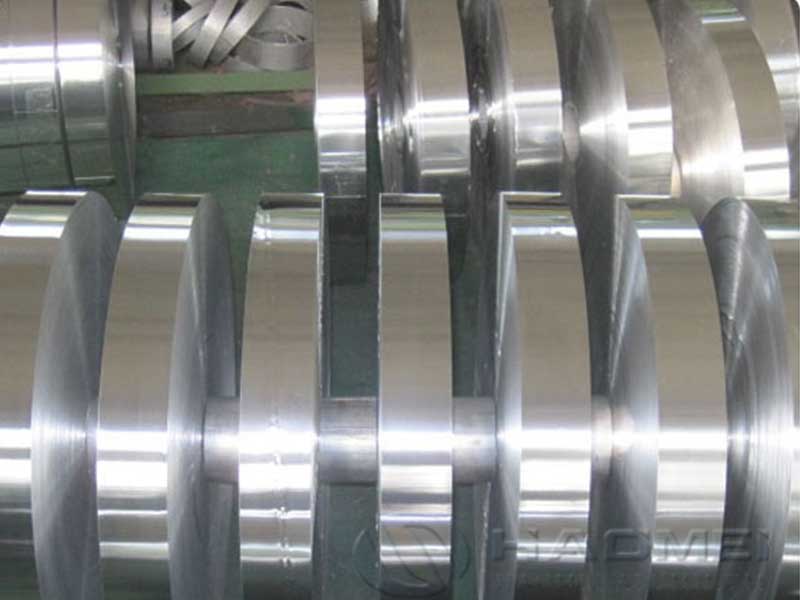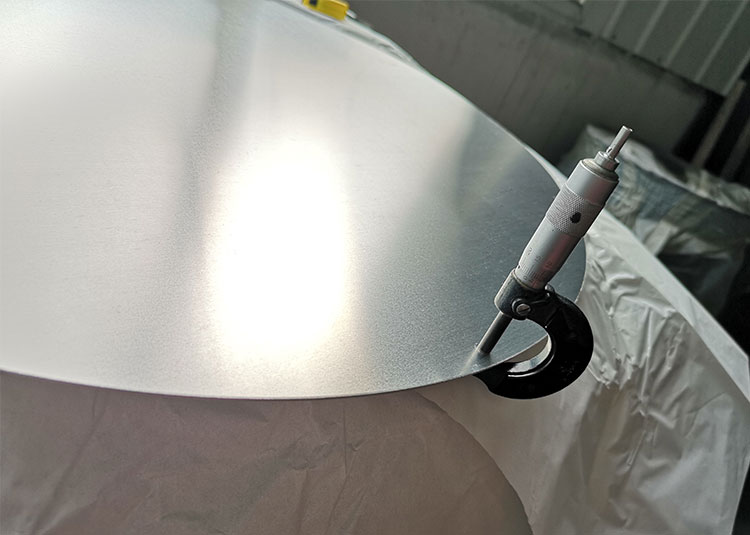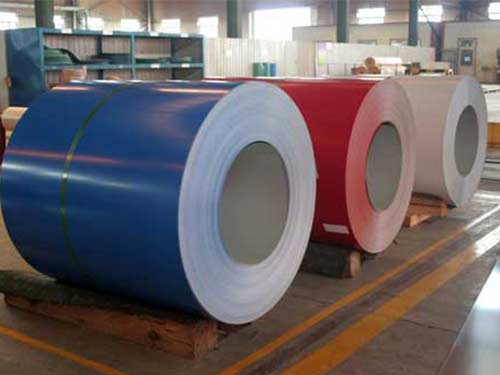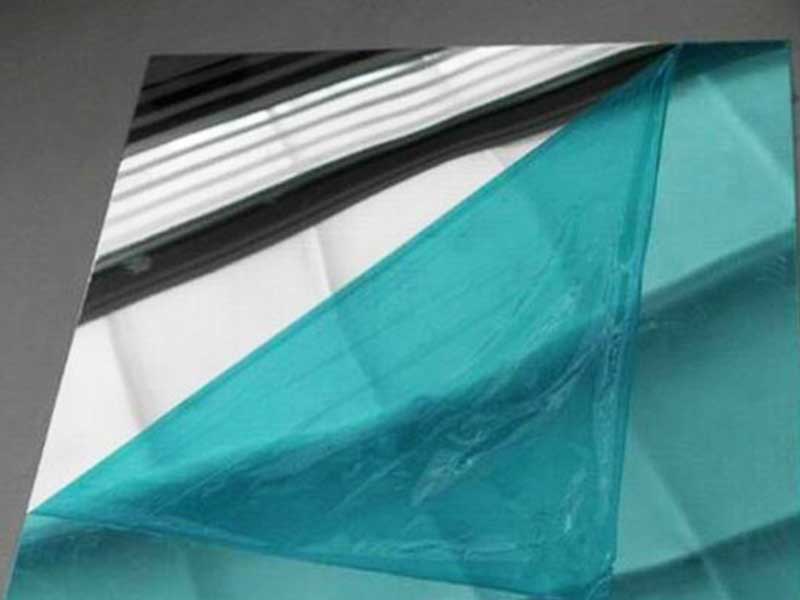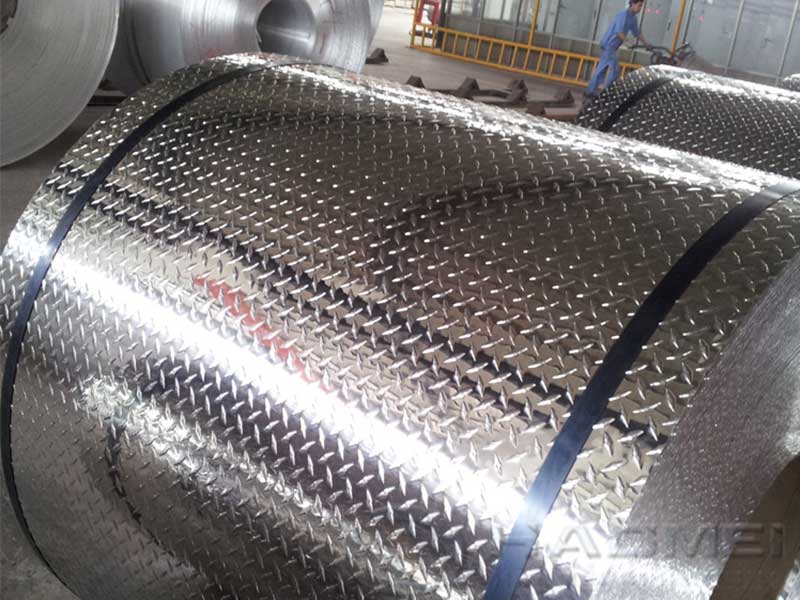Aluminum bimetal -----Structure Transition Joints
aluminum’s structure transition joints aluminum bimetal are commonly used to make a welded and maintance free connection between alloyed aluminum components and steel structures in the shipbuilding, railway and automotive industry.
The major shortcomings of rivets and bolts are that they require holes to be drilled, need special insulators and require regular assembly inspection. Any removal of material, such as drilling holes, also weakens the metal.
Aluminum bimetal--Structure transtion joints are an indisputably better option because they eliminate crevices and have shown to limit crevice corrosion. Aluminum bimetal - Transition joints require no extra hardware, which allows engineers to stream-lin, their designs and shave off extra weight..
| Types | Temper | Features |
| CA100 | No transition layer | higher cost performance |
| CA101 | Thin transition layer | High bonding strength |
| CA200 | Thick transition layer | Ultra-high bond strength |
| CA 100 | CA 101 | CA 200 | |
| Interface bonding rate | 100% | 100% | 100% |
| Tension strength | >85 Mpa | >110 Mpa | > 210 Mpa |
| Shearing strength | >65 Mpa | >85 Mpa | > 137 Mpa |
| Highest temperature | 315℃×30 min | 400 ℃ × 30 min | 500 ℃ × 30 min |
Aluminium alloy clad steel for brazing type exchanger
The material mark and specification of cladding strip
| Material mark | Specification /mm | ||||||
| Mark |
Non-clad Layer |
Double side Cladding Aluminium Layer |
Base mark |
Cladding Strip thickness |
Cladding Strip width |
Cladding Layer width |
Non-alu. Edge width |
| 4A60/08A1 | 4A60 | __ | 08A1 | 0.21—2.0 | 50—500 | 0.05—0.1 | 2.0—4.0 |
|
Cladding Aluminum 4A33/08A1 |
___ |
Cladding aluminum 4A33 |
1.5—5.5 | 60--300 | 0.3—1.5 | 0 | |
|
Cladding aluminum 7A16/08A1 |
Cladding aluminum 7A16 |
||||||
|
Cladding aluminum 8A60/08A1 |
Cladding aluminum 8A60 |
||||||
|
Cladding aluminum 8A61/08A1 |
Cladding aluminum 8A61 |
||||||
|
Cladding aluminum 8A62/08A1 |
Cladding aluminum 8A62 |
||||||
Chemical composition
|
Alloy Sign |
Chemical Composition | ||||||||||||
| Si | Sn | Fe | Ni | Cu | Mn | Mg | Zn | Pb | Ti | Single | Sum | Al | |
| 4A33 |
10.0- 12.0 |
<=0.2 | <=0.3 | <=0.1 |
0.7- 1.3 |
<=0.1 | __ | __ | __ | <=0.1 |
<= 0.05 |
<= 0.15 |
Remind |
| 4A60 |
0.8— 1.0 |
__ |
0.2— 0.35 |
__ |
<= 0.05 |
<= 0.03 |
<= 0.3 |
<= 0.05 |
__ |
<= 0.03 |
<= 0.05 |
<= 0.15 |
|
| 7A16 |
1.0— 2.0 |
<=0.2 | <=0.6 | <=0.2 |
0.8- 1.2 |
<=0.3 |
<= 0.6 |
4.4- 5.5 |
0.7- 1.3 |
<=0.2 |
<= 0.05 |
<= 0.15 |
|
| 8A60 |
<= 0.7 |
5.5— 7.0 |
<=0.7 | <=1.3 |
0.7— 1.3 |
<=0.7 | __ | __ | __ | <=0.2 |
<= 0.05 |
<= 0.15 |
|
| 8A61 | __ |
10.0- 14.0 |
1.8- 3.5 |
<=0.1 |
0.4- 1.3 |
<= 0.35 |
__ | __ |
1.0- 2.5 |
<=0.1 |
<= 0.05 |
<= 0.15 |
|
| 8A62 |
<= 0.7 |
17.5- 22.5 |
<=0.7 | <=0.1 |
0.7- 1.3 |
<= 0.7 |
__ | __ | __ | <=0.2 |
<= 0.05 |
<= 0.15 |
|
Cladding layer thickness bias 、base body surface roughness
| Cladding layer sign |
Cladding layer thickness / mm |
Cladding layer thickness Bias / mm |
Base body surface Roughness R/um |
| 4A60 | 0.05—0.100 | +- 0.004 | __ |
|
Cladding aluminium 4A33 7A16 8A60 8A61 8A62 |
0.4 – 0.8 | +- 0.07 | <= 0.63 |
| >0.8—1.0 | +-0.08 | ||
| >1.00 | +-0.09 |
Cladding Strip no edge width bias
| Cladding Strip Width | Non-edge width bias |
| 50.00—100.00 | +- 0.30 |
| >100.00—300.00 | +- 0.50 |
| >300.00—500.00 | +- 1.00 |
Burr 、Stagger floor 、Tower-shaped
| Cladding Strip Width | Burr | Stagger floor | Tower floor |
| 0.200—0.500 | <=0.06 | <=1.0 | <=10 |
| >0.500—1.000 | <=0.10 | <=2.0 | <=15 |
| >1.000—2.000 | <=0.15 | <=2.5 | <=20 |
| >2.000-- 5.500 | <=0.20 | <=3.0 | <=25 |
Side Curvature
| Cldding Strip Width / mm | Side Bending degree / mm |
| 50.00—100.00 | 3.0 |
| >100.00—300.00 | 2.0 |
| >300.00—500.00 | 1.5 |
Surface Hardness
| Product Sign | Aluminium hardness in Cladding Layer / HB |
Base body Hardness / HBW |
|
| A grade | B grade | ||
| Cladding Alu. 4A33 /08A1 | 45—60 | --- | 160----220 |
| Cladding Alu.7A16 / 08A1 | 45---70 | 70---100 | |
| Cladding Alu.8A60 /08A1 | 35---45 | --- | |
| Cladding Alu.8A61 /08A1 | 35---45 | --- | |
| Cladding Alu.8A62 /08A1 | 30---40 | --- | |
